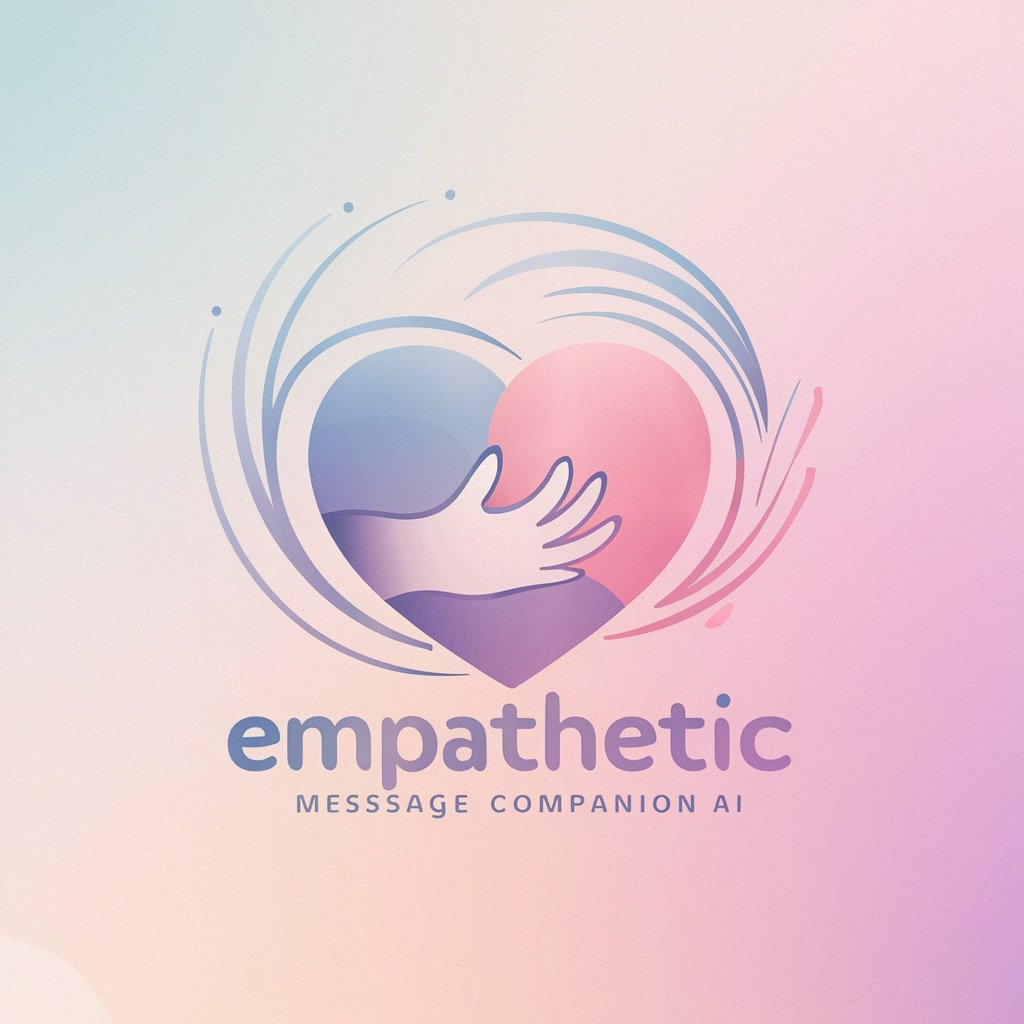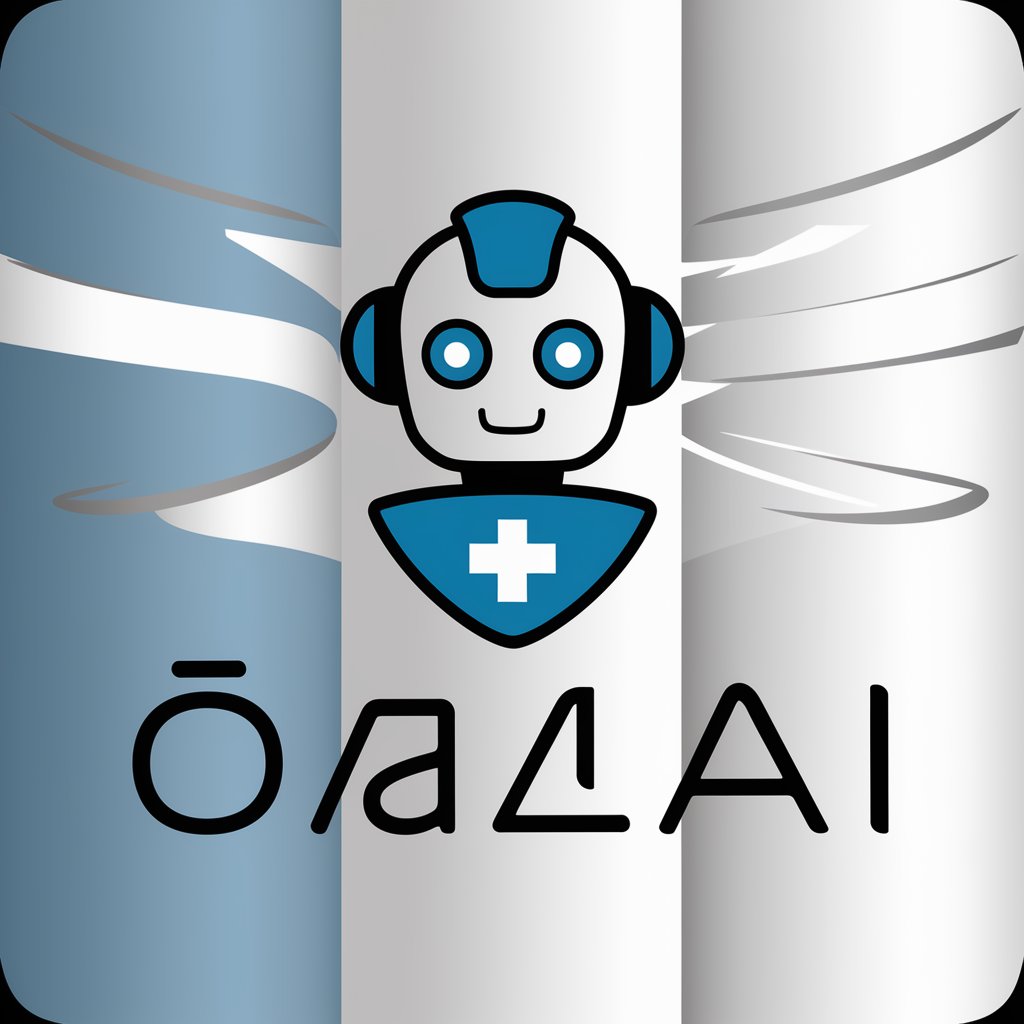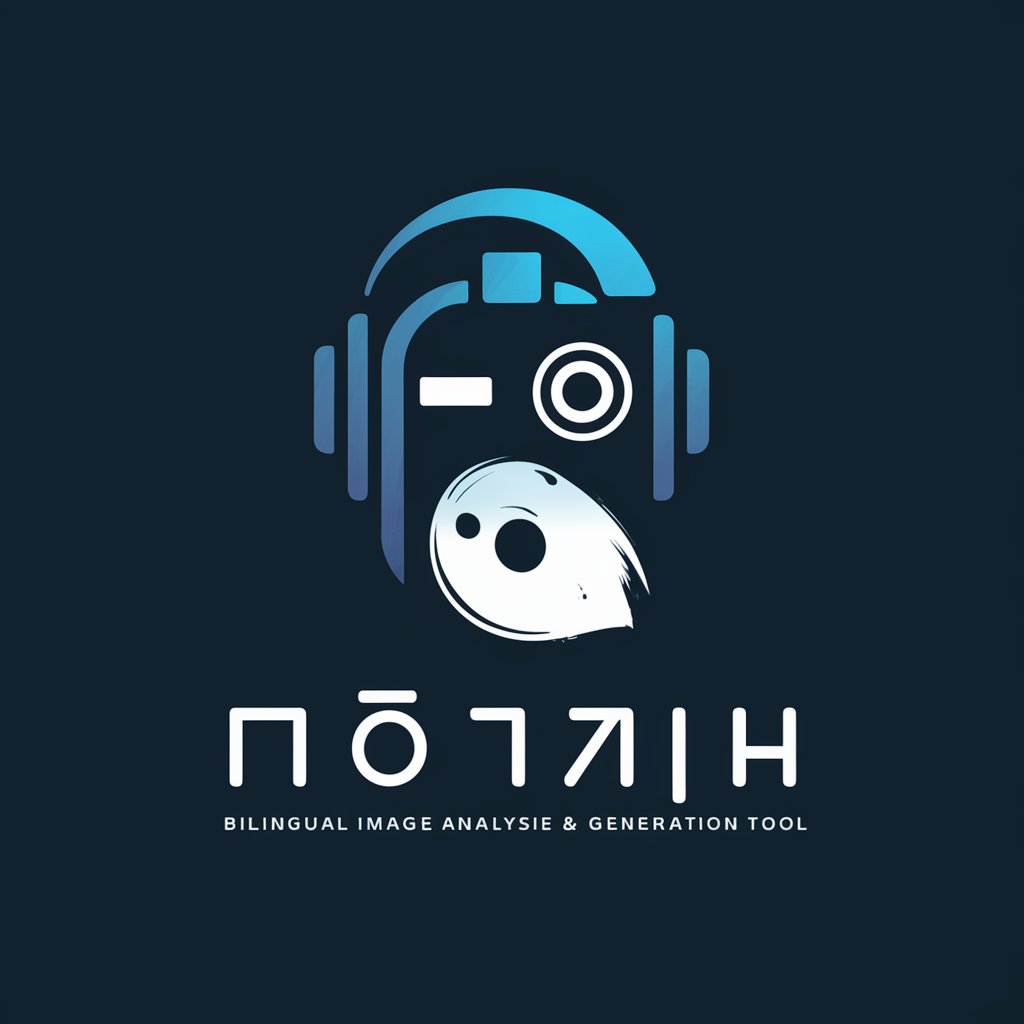類語・言い換え・同義語 - AI-powered Synonym Tool

Hello! Let's find the perfect words together.
Enhance Your Text with AI-Powered Synonyms
Give me synonyms for the word 'quick'.
Find alternative phrases for 'happy birthday'.
List words similar in meaning to 'innovative'.
Provide different ways to say 'thank you'.
Get Embed Code
Understanding 類語・言い換え・同義語
The concept of 類語・言い換え・同義語 centers on exploring synonyms, paraphrases, and equivalent words within the Japanese language. This functionality is designed to assist in finding words with similar meanings ('類語'), alternate expressions ('言い換え'), and exact synonyms ('同義語') to enhance written and spoken communication. For example, consider the Japanese word '美しい' (beautiful). Synonyms include '麗しい', 'きれい', and '見事'. A paraphrase might be '外見が魅力的である', and a direct equivalent might be 'きれい'. Such tools are crucial in contexts where nuanced expression is necessary, such as literature, formal documents, and everyday conversation, to convey precise emotions and descriptions without repetitiveness. Powered by ChatGPT-4o。

Core Functions of 類語・言い換え・同義語
Synonym Identification (類語)
Example
For '強い' (strong), synonyms include '力強い', '堅い', '固い', '確か', '頑強', '頑固', 'しっかりしている', '耐える', '持ちこたえる', and '揺るがない'.
Scenario
This function is used in creative writing to diversify vocabulary and avoid repetition, enhancing both the aesthetic quality and readability of text.
Paraphrasing (言い換え)
Example
The phrase '速い' (fast) can be paraphrased to 'スピードが高い', '迅速な', '素早い', '速度が速い', which offer subtle nuances in terms of speed perception.
Scenario
Useful in academic and professional settings to rephrase existing statements for clarity, appropriateness, or to meet word count requirements without altering the message's intent.
Finding Exact Equivalents (同義語)
Example
'楽しい' (fun) has equivalents like '面白い', '嬉しい', providing options that match the context's emotional tone more closely.
Scenario
Essential in translation and localization services where maintaining the original text's emotional and contextual integrity is crucial.
Target User Groups for 類語・言い換え・同義語
Writers and Journalists
Individuals in these fields benefit from the ability to vary language precisely, which enhances writing style, avoids redundancy, and engages readers more effectively.
Academic Students and Researchers
These users need to paraphrase and restate existing literature to avoid plagiarism and present information in new, personalized ways that reflect their understanding and insights.
Professional Translators and Localization Experts
For professionals who need to convert text from one language to another without loss of meaning, cultural nuances, or emotional impact, precise synonyms and equivalents are invaluable.
Content Marketers and SEO Specialists
These practitioners rely on synonym tools to optimize content for search engines without compromising quality, often needing to iterate on key phrases to achieve better search rankings.

How to Use Synonyms, Paraphrases, and Equivalents
Step 1
Visit yeschat.ai for a free trial without login, also no need for ChatGPT Plus.
Step 2
Identify the term or phrase you need alternatives for. This tool is helpful when you need to avoid repetition or simplify complex terminology in texts.
Step 3
Type the word or phrase into the provided input field. The AI will analyze the context and semantics to generate the most accurate equivalents.
Step 4
Review the suggestions provided. You can click on any synonym or paraphrase to see more usage examples or further related words.
Step 5
Incorporate the selected alternatives into your text, ensuring they fit the context and maintain the original meaning of your document.
Try other advanced and practical GPTs
Enchanted Messenger
Crafting Personal Connections with AI

Empathetic Message Companion
Empathy Powered by AI

Best Dressed Mess
Dress Smart, Look Smart, AI-Powered

Gandalf
Tailored Academic Planning Powered by AI

Grandpa Guru
Empowering Grandparents with AI

Japanese Grandpa
Experience wisdom and empathy powered by AI

医療業種AI
Empowering Healthcare with AI

高麗菜種植專家
Optimize napa cabbage growing with AI

TARO@キッカケの火種を植え続ける人
Inspiring action through conversation

職類推薦
Streamline Job Coding with AI

HPから業種判定
Classify industries with AI precision

類似画像生成くん
Transforming words into visual stories

Detailed Q&A on Synonyms, Paraphrases, and Equivalents
What is the main purpose of using synonyms, paraphrases, and equivalents?
The main purpose is to enhance writing by avoiding repetition, enriching text vocabulary, and ensuring clarity by replacing complex terms with more understandable ones.
Can this tool help with academic writing?
Yes, it is particularly useful in academic writing to vary language and clarify complex concepts without altering the intended meaning.
How does the AI generate synonyms and paraphrases?
The AI analyzes the input text for semantic content, context, and usage frequency in language databases to suggest the most appropriate alternatives.
Is there a limit to the number of requests I can make per session?
Generally, there is no fixed limit, but excessive requests in a short time may trigger a temporary cooldown to ensure stable service for all users.
How accurate are the synonyms and paraphrases provided by the AI?
The accuracy is generally high, but it can vary depending on the context and specificity of the input text. It's always a good practice to review the suggestions for appropriateness.
